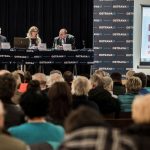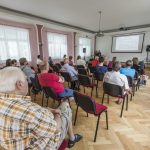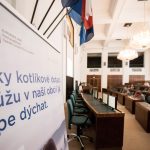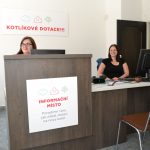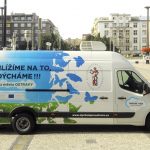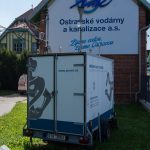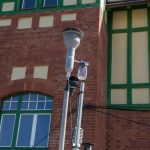Air Quality Improvement Programme
18. October 2017 |
 Documents and Initiatives
Documents and Initiatives
 Other Documents and Initiatives
Other Documents and Initiatives
The City of Ostrava forms part of the Ostrava/Karviná/Frýdek-Místek conurbation, which is the subject of the Czech Environment Ministry’s Air Quality Improvement Programme. The aim of the programme is to achieve the required air pollutant levels as soon as possible, and then to maintain and improve air quality throughout the conurbation. Participating organizations must proceed in accordance with legislative requirements. As a participant in the programme, Ostrava implements regular short-term air quality improvement programmes, incorporating an Action Plan for reducing air pollution within the city. Currently the third update of the Action Plan (2017) is being implemented.
Among the City’s activities as part of the Action Plan are:
- Organizing air quality conferences featuring all major stakeholders (including NGOs) with the aim of arriving at joint solutions.
- In conjunction with the MRS and the Town of Třinec, Ostrava has signed a Joint Declaration on cooperation in planning the Smart City and Smart Region concept (2015). One focus of the Smart Cities initiative is on achieving 40% reductions in CO2 emissions by 2030; this will also bring major reductions in other pollutants (via eco-friendly transport, energy efficiency improvements in buildings, energy savings and modern technologies).
- The City has signed a memorandum with Katowice (PL) setting out the two cities’ joint intention to achieve air quality improvements in the Czech-Polish border region.
- In conjunction with the Moravian-Silesian Region, Ostrava co-funds a household boiler replacement programme. Under the standard programme conditions, households have to cover 15% of the total costs; thanks to the funding from the City and the Region, the cost is 100% covered – enabling even low-income households to have eco-friendly boilers installed. The annual cost to the City is up to 385 000 EUR.
- The City contributes 230 EUR per child to a fund for children at risk due to air pollution (an increase of one-third in 2016). The money can be used for organized recreation programmes targeted at preschool and primary school children, including vacations, outdoor nature camps, etc. in healthy environments. Since its inception, this project has enabled approximately 15 000 children to participate in these activities.
- The City co-funds the operation of air quality monitoring stations and a mobile measuring vehicle.




